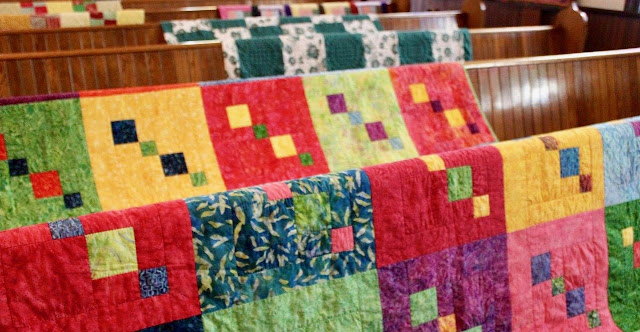Advent 4 – LOVE
Sunday, December 18, 2016
Psalm 80
Restore us, O God of hosts; show us the light of your countenance, and we shall be saved.
Psalm 80: 18
It’s so dark here, in the place I always find myself. I find myself in the dark, wondering, where did you go, God?
Where is the light?
Why here? Why after I’ve been trying so hard to do it all, to show and know it all. Why here, after all my struggles, am I stuck in the same place?
I have, somehow, in the beholding of your Grace, turned myself around, trying to nestle in. I wanted to curl into the warmth, and to just coast. Just not to have to. Anything.
And now it is dark. I have traded the old comfort for the light. Where is the light?

Show me the light of your countenance…
In an effort to be comfortable, I turned and lost the light. In the dark of my shadow I wallow and rage.
It is my turning that has separated me.
It is both my doing and my not doing, where I get lost.
You, O Son, have not moved. If I am listening, still like a ready cat, I can feel the warmth on my back.
And I can turn to the light again. And recover myself.
It has never moved.
Help me to remember that it is me who turns and You who are the sphere I am within.
Restore us, O God of hosts; show us the light of your countenance, and we shall be saved.






























 Gospels. The knot is a vivid, visual example of the Celtic peoples love for creation, and of their profound understanding of the inter-connectedness of the created order. These illuminations, as they are known, are made up of individual yet interwoven strands, forming a compelling image that speaks of both wholeness and interdependence. In the same way that a strong cord is made up of many strands so too is the fabric of our lives. Woven out of the many strands including faith, family, vocation, community, and gifts, they intersect in multiple ways, giving shape to who we are, beloved creations of God. These ancient designs are metaphors for our Christian journey. As the individual strands meander back and forth, they may follow paths we might not have expected. Some parts of the path may seem predictable, dull even, but we may also encounter some surprises. The blessing for us is that there are no dead-ends, for if we follow the path, it will always lead us back to the Source. During Advent, we’re invited to make an interior journey.
Gospels. The knot is a vivid, visual example of the Celtic peoples love for creation, and of their profound understanding of the inter-connectedness of the created order. These illuminations, as they are known, are made up of individual yet interwoven strands, forming a compelling image that speaks of both wholeness and interdependence. In the same way that a strong cord is made up of many strands so too is the fabric of our lives. Woven out of the many strands including faith, family, vocation, community, and gifts, they intersect in multiple ways, giving shape to who we are, beloved creations of God. These ancient designs are metaphors for our Christian journey. As the individual strands meander back and forth, they may follow paths we might not have expected. Some parts of the path may seem predictable, dull even, but we may also encounter some surprises. The blessing for us is that there are no dead-ends, for if we follow the path, it will always lead us back to the Source. During Advent, we’re invited to make an interior journey.